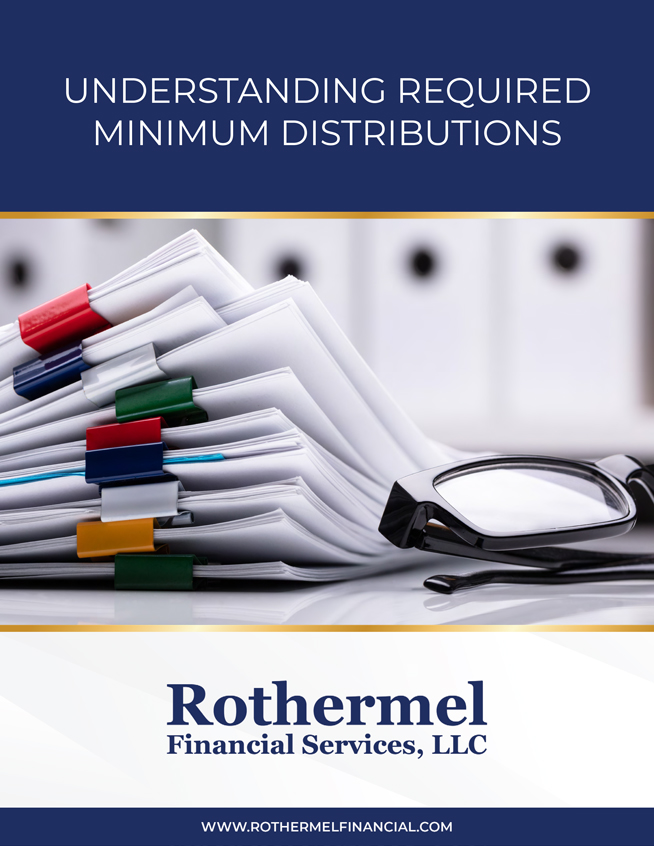Since many of today’s financial advisors got into the business in the 1980s and 90s, during the best stock market in U.S. history, most have become stock market specialists. Frankly, if they do fixed income, it’s usually an afterthought, and most will simply take the easy way out and invest their clients’ money in bond mutual funds.
What many people don’t realize is that bond mutual funds carry risks, costs, and tax implications that can be reduced, or even eliminated, by investing in a diversified portfolio of individual bonds, or other fixed-income securities










